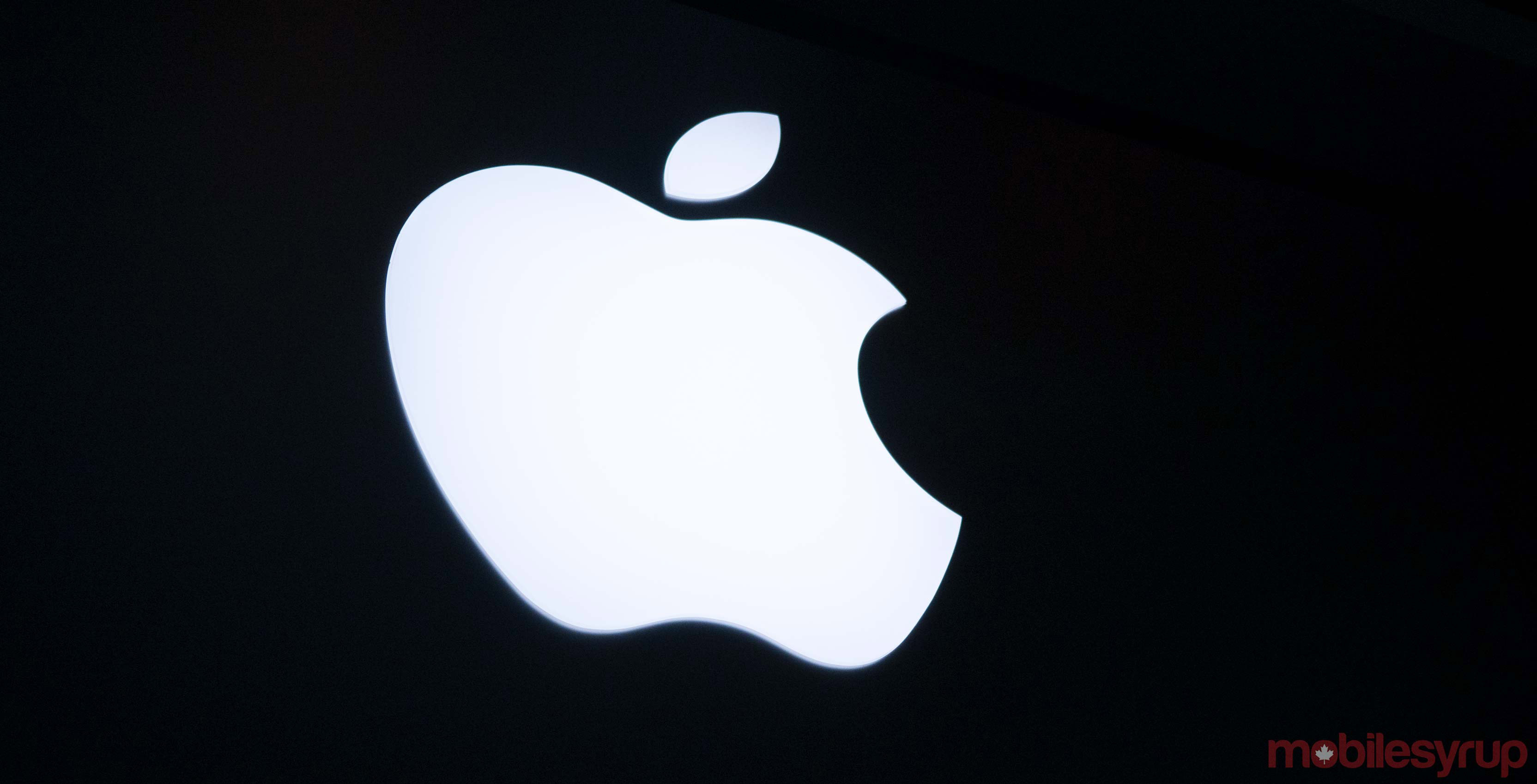
Legal representatives for Cupertino, California computing giant Apple appeared before the House of Commons Standing Committee on Industry, Science and Technology on Thursday afternoon, to testify on Apple’s battery life and device performance scandal.
Jacqueline Famulak, regional counsel for Apple Canada, was joined by Simon V. Potter, a partner and corporate lawyer at McCarthy Tétrault law firm.
Additionally, Primate Labs founder and Geekbench developer John Poole delivered testimony, explaining his company’s reasons for investigating rumours regarding iPhone 6 performance throttling.
When asked about any possible differences between how Apple’s performance throttling affected Canadians and Americans, Poole said that there was “no difference between how this affects American consumers and Canadian consumers.”
Poole added that while the performance throttling might initially seem like a planned obsolescence issue, “in this case, it’s not based on performance, it’s based on battery.”
“…we are required by law to keep confidential any information that is not made public.”
“Regarding Apple’s lack of transparency around the issue, that’s something I’m not sure what they should have done there,” said Poole. “[It] could lead to people saying this is planned obsolescence, but I don’t think that’s the case here.”
The Competition Bureau’s associate deputy commissioner Alexa Gendron-O’Donnell — who heads the Bureau’s Economic Analysis Directorate — also appeared before the committee to explain the Bureau’s process for investigating and discussing potential investigations.
Gendron-O’Donnell told the committee that the Bureau doesn’t comment publicly or even acknowledge the existence of an investigation until the investigation has been made public by the party itself.
“Even in those instances, we are required by law to keep confidential any information that is not made public,” said Gendron-O’Donnell.
Apple and the Standing Committee
Famulak began her testimony by reading a prepared statement that touched on Apple’s appearance at two U.S. Congressional committees.
Her prepared statement also referenced the ReadMe notes that Apple releases alongside every iOS software update.
“Whenever we issue a software update, we include a ReadMe note which has a description of the content of the update for the customer to review prior to the software installation,” said Famulak. “In the case of iOS 10.2.1, we stated that it ‘improves power management during peak workloads to avoid unexpected shutdowns on iPhone.'”
“We communicated as much as we possibly could.”
Committee members grilled Famulak for approximately one hour, with her testimony reiterating Apple’s position that the only real issue on the company’s part was failing to adequately inform customers about the fact that the company throttled phone performance to preserve battery life.
“We communicated as much as we possibly could,” said Famulak. “I think when we made our statement in December 28th was when we said to ourselves that we need to talk directly to our consumers…so lesson learned, you always have to listen to your customers.”
Committee members emphasized their enjoyment of Apple products, but seemed intent on criticizing the company for its behaviour in handling the matter.
Ultimately, however, Famulak did not answer any questions about how many customers have already accepted battery replacements, as well as how much revenue this scandal has costed the company — especially given the fact that Apple is offering to replace batteries for $35 CAD instead of the original $99 CAD.
“…lesson learn, you always have to listen to your customers.”
Potter, on behalf of Apple, also emphasized that the company would not speculate about the results of the numerous global class action lawsuits that have been lodged against the company — including the one in Ontario and the two in Quebec.
Famulak and Potter appeared before the committee voluntary — their presence was not required by subpoena and their decision to answer questions was a matter of personal choice.
Neither Famulak nor Potter would have been held in contempt for refusing to answer a question.
As regional counsel, Famulak delivered most of the testimony, with Potter occasionally interjecting to remind certain committee members that Apple’s presence was voluntary.
The complete committee meeting is available on the government’s ParlVU website.
Famulak’s complete prepared statement can be read on iMore.
Not-so-ancient history
Reports on Reddit first started emerging around December 2017 that replacing iPhone batteries improved device performance.
Apple later confirmed that it intentionally slowed down older iPhone in order to conserve and prolong battery health.
In a statement issued to The Verge, Apple explained that the company released a feature in 2016 “for iPhone 6, iPhone 6S and iPhone SE to smooth out the instantaneous peaks only when needed to prevent the device from unexpectedly shutting down during these conditions.”
Geekbench later investigated the issue and confirmed that iOS 10.2.1 and iOS 11.2.0 throttled device processors.
Since that time, Apple has come under fire for perceived planned obsolescence, as well as for potentially deceiving customers into purchasing newer devices to bolster company profits.
Correction 05/03/2018 (10:11am ET): A previous version of this story erroneously described Alexa Gendron-O’Donnell’s official role at the Competition Bureau. She is the associate deputy commissioner and heads the Bureau’s Economic Analysis Directorate.
MobileSyrup may earn a commission from purchases made via our links, which helps fund the journalism we provide free on our website. These links do not influence our editorial content. Support us here.


